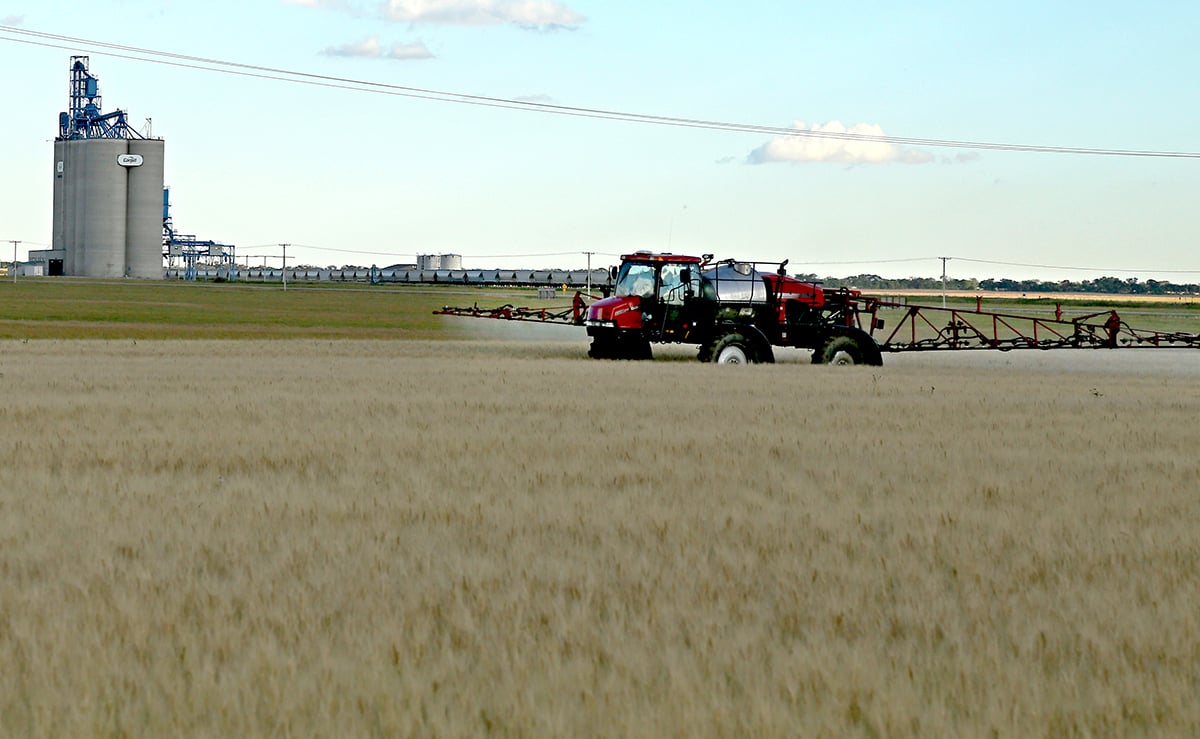REGINA — The House of Commons standing agriculture committee has set its agenda for the coming months.
Members began the fall sitting with a two-hour update on international trade, focusing on the impact of tariffs, and are now studying the government’s regulatory reform initiative at Canadian Food Inspection Agency and the Pest Management Regulatory Agency.
Committee members agreed to a motion from Bloc Quebecois MP Yves Perron to hear from beef and pork supply chain stakeholders for at least three meetings. They will hear testimony on how prices are set, improving transparency and obstacles to economic activity in those sectors.
Read Also

Ottawa urged to speed up regulatory reform
Industry representatives urged government agencies to do more to reduce red tape and reform regulations as the House of Commons standing agriculture committee’s study on that topic got underway late last month.
Perron also called for an in-depth study, of at least four meetings, on ways to strengthen food security amid global instability. He moved that the study “focus on creating value within the Canadian food chain by promoting investment and innovation, and reducing barriers to economic activity in Canada; strengthening local food production and processing to reduce environmental footprint and food inflation; and, support local purchasing initiatives.”
He said the Organization for Economic Co-operation and Development found that Canada fell from 37th to 44th place out of 47 countries when it comes to capital investment in agriculture and food.
Committee members decided to ask agriculture minister Heath MacDonald to appear before them as soon as possible to discuss his mandate.
They will also hold two meetings to examine implementation of the Grocery Code of Conduct and intend to table a report in December.
Finally, committee members will hold at least four meetings to update previous studies on business risk management programs.
They intend to examine how the BRM programs work, given the longer-term impacts of climate change and how they could be more effective, responsive, mitigate risk and build resilience. The study will also include regional realities, the needs of small- and medium-sized farms and how Ottawa and the provinces collaborate to deliver programs.
The motion, from new Liberal MP Paul Connors, formerly executive director of the Newfoundland and Labrador Federation of Agriculture, will explore ways to modernize the federal-provincial-territorial agreement “by incorporating more clearly defined policy outcomes, clarifying roles and responsibilities, and encouraging regional investments to support large-scale projects, such as agrotechnology parks or regional cold storage and transportation hubs.”
That study is done as the current Sustainable Canadian Agricultural Partnership hits its midway point and renegotiations begin. It is to be completed before June 2026 and the next annual meeting of the country’s agriculture ministers.


















